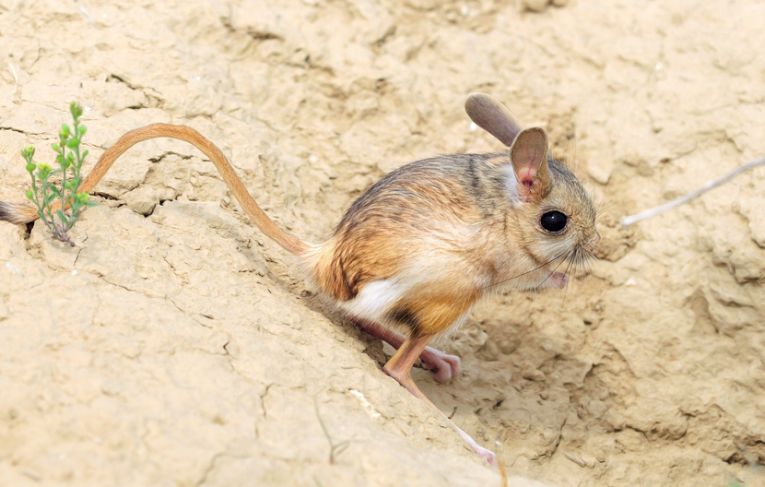It is extremely unlikely that the dead Aral Sea will ever resume its former glory. The governments of Uzbekistan and Kazakhstan in particular have tried to recreate lakes and some of the lost water supply. The result has so far been disappointing, but this large body of water was not just about extinct fish and ecology. It also fed the economic needs of local populations and created a health headache when poisonous dust plumed up and circulated far and wide in the atmosphere from the dead sea-bed. The toxins are varied but dioxins were responsible for a host of maternal and child health problems. Fortunately they should have decayed chemically by now. The health problems remain however, as the affected individuals still suffer the consequences. We have been covering the Aral Sea closely and very recently looked at the conferences ecological perspectives.
The Urgench conference last week was very successful, with wise investment in projects that stretched from the essential and expensive health programmes to true ecological afforestations and more examples of local damming for lake creation. The ultimate problem is water supply, as global warming creates even hotter and drier conditions throughout the Aralkum and neighbouring Karalkum desert. How the rivers can be reincarnated to their former flow rates is debateable. The Amu Darya in particular is still diverted too often for the lucrative cotton crop. In the head waters, the luxury of persuading more water to descend is complicated by the needs of neighbouring Tajikistan.
The 3rd programme of the IFAS (International Fund for Saving the Aral Sea) organisation had $2 billion dollars to spend but further necessary work on these multiple problems was supported by a large and ongoing Turkish aid programme in agricultural education, irrigation and forestry. Japan is also extraordinarily generous with a magnificent $3.6billion aid programme to the 5 Central Asian nations so far distributed. With Latvia currently presiding over the EU, their report was almost as generous, as €160 million will be exclusively available to Uzbekistan between 2014 and 2020. Such monies will be dedicated to water and waste issues, with private companies already signed up to deliver the much needed help. In cooperation with UNDP, German Federal Government help has always been forthcoming too, with GIZ supporting water resources management, combatting desertification and creating an environment favourable for the growth of small business and vocational training.
Many types of funding from banks such as the Islamic Bank, UNEP and UNESCO stem from their officials based in Tashkent. The Danish Secretary General of the UNECE (Economic Commission for Europe), Friis Bach, was present to give his account of how aid was contributing to afforestation projects through the guidance of IFAS. The increasing threat from climate change was integral to his speech. This is possibly the greatest problem, as we try to conserve more water with modern irrigation techniques. The insufferable summer heat in the future will evaporate even more of the water needed despite efforts to improve the Aral Sea’s economy, ecology and health.










